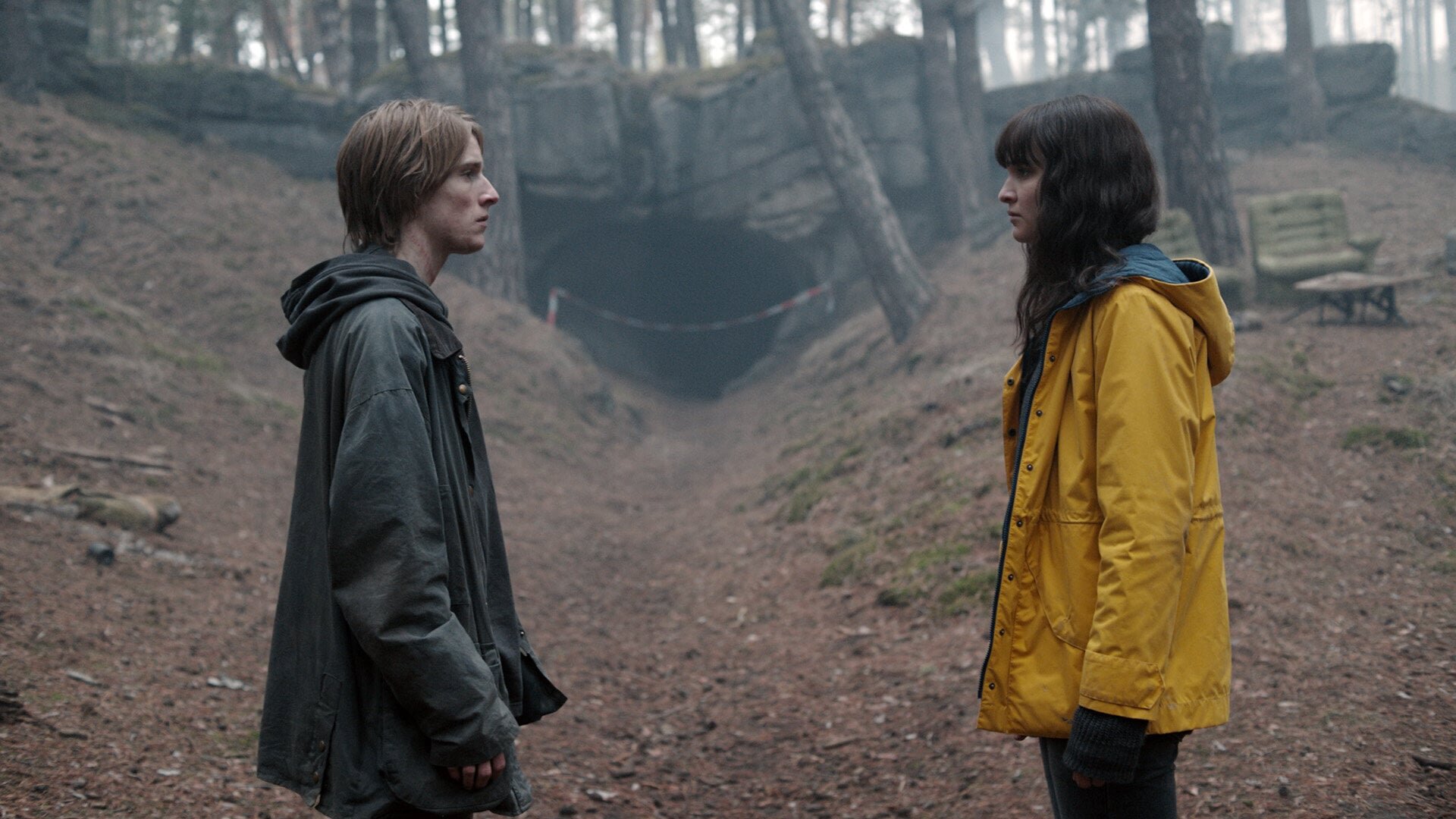Dark - Season 3
netflixIt boggles the mind that this series started in a seemingly simple ‘missing-person’ mystery that is more conceptually akin to Lynch's Twin Peaksand more recently, the first season of Stranger Things. Throughout the two seasons of Netflix's first German original series, creators, Baran bo Odar and Jantje Friese have produced an unbelievably complex time-hopping labyrinth; it makes any of the Nolan Brothers' projects seem too basic. In each episode, it becomes clearer that this is not the typical time-travel story audiences will be expecting. The narrative structure takes shape in an infinite loop that has smaller but equally important loops around itself. Entire episodes jump across multiple timelines with important sub-plots happening in each, and characters show up in varying ages played by different actors. With hundreds of variables adding up to a gigantic paradox, Dark takes the word ‘mindblown’ to a whole other level.
The third and final season continues the travellers' quest to break the cycle of everyone's predetermined tragedies. From the first hour of the trilogy's final installment, Dark will already have audiences bewildered as it progresses past the second season's cliffhanger. After witnessing his girlfriend, Martha (Lisa Vicari) die moments before the apocalypse started, Jonas Kahnwald (Louis Hofmann) is shocked when Martha from an alternate world rescues him.
The concept of two worlds is a decent addition. It does, however, cause many hard thinkers to backtrack information. After all, it's a newly introduced idea in the series that is already too knotty to grasp. In a show like this (if there's any), it's hard to know exactly whether the story has logical gaps or not as the narrative becomes progressively sophisticated. While the time travel shenanigans are and always will be a subject of long-term debate, the third season deals with the problem of covering plot holes and fleshing out the series' underdeveloped aspects. There's so much to unpack within eight episodes that it's almost elusive to keep track of the things that have come before. Although Jantje Friese's writing teases that everything will come full circle at the end (and it does, sort of), it comes across as ultimately frustrating for some. The question marks proceed to pile up halfway through the season with little resolution. For better or worse, Dark trusts its audiences to keep venturing deeper in its maze, even if the experience is like navigating through pitch-black darkness without a source of light.
Thankfully, the final three episodes deliver promises and unraveling explanations. Loose ends are tied into a knot that kickstarts the entire paradox from the beginning. This isn't to say that the previous episodes don't deliver what was promised, but they're definitely overshadowed by mounting confusion from some of the illuminating events that unfolded.
There are still impressive elements that the series bears other than its intricate but laborious plotting. The series remains visually brilliant as director, Baran bo Odar continues to indicate parallelisms and time-world jumps. Creative filmmaking techniques, such as split-screens, camera framing, lighting and editing transitions, are used. Although the ensemble merely operates as pawns to drive the story, they become increasingly sympathetic as their situation grows more dire and hopeless. This is especially true when they realise their lives are shaped by a series of secrets, manipulation and lies as a result of others' personal goals.
Nevertheless, what makes Dark work, despite its extremely convoluted qualities, is that, behind all the endless twists and turns, it's upheld by Jantje Friese's insanely ambitious vision. She knows where her story is going and when it's time to end. She's built and expanded it upon layers and layers of narrative complexity, and real life philosophy to support the details. While the series can be unbearably challenging with its many confusing mysteries and unflinching nihilism, it tells a human tale of love and perseverance that wraps up in a tragic but bittersweet conclusion. It's by no means perfect and it does leave some things up for imagination, but what Baran bo Odar and Jantje Friese achieve here is something that should be admired and recognized by millions.


